US House speaker supports swift action on Iran, Russia sanctions
US House of Representatives Speaker Paul Ryan, a close friend of Israeli Prime Minister Benjamin Netanyahu, has said he supports lawmakers’ efforts to impose new sanctions on Iran and Russia.
A bill aimed at imposing more sanctions on Iran and Russia was passed nearly unanimously in the Senate last week but hit a roadblock this week in the House.
Republican Representative Ed Royce, chairman of the House Foreign Affairs Committee, "has indicated he wants to get moving on this quickly, and we want to honor that," Ryan told reporters on Thursday at Capitol Hill in Washington, DC.
Senators voted 98-2 to pass the Countering Iran's Destabilizing Activities Act, to which anti-Russia sanctions were also attached.

Before it is signed into law by US President Donald Trump, the measure has to pass the House.
Read More:
- 'Saudis and Israelis behind Iran sanctions'
- US Senate committee adopts new Iran sanctions bill
- Iran vows 'fitting response' to new US sanctions
- 'New Iran sanctions fool's errand': Rand Paul
Lawmakers are now arguing that the legislation violates the US constitution since there is a constitutional requirement that any bill affecting government revenues must originate in the House, something known as a "blue slip" violation.
Democrats are suggesting that the delay is intentionally engineered by the Republicans out of loyalty for Trump, who opposes imposing extra sanctions on Russia.
"This is nothing but a delay tactic and the public shouldn't be fooled by complex-sounding parliamentary procedure," said Representative Eliot Engel, the ranking Democrat on the House Foreign Affairs Committee.
Identical versions of the Senate legislation have previously passed the House with no objection.

Iran and the five permanent members of the United Nations Security Council -- the United States, France, Britain, Russia and China -- plus Germany started implementing the nuclear agreement, dubbed the Joint Comprehensive Plan of Action (JCPOA), on January 16, 2016.
In February, Trump undermined the multilateral deal by introducing a new round of sanctions against Iran following the country’s successful test-launch of a ballistic missile, which Washington said was a breach of the JCPOA.
The Netanyahu regime has praised the Trump administration for taking its pointedly-antagonistic stance against Iran to a new level and imposing sanctions against Tehran over its defensive missile program. Israel had opposed the international nuclear agreement with Iran.
Pro-Palestine rally held in Seoul
Beit Lahiya massacre: Tens of Palestinians killed in Israeli strike
VIDEO | Israel wages 145 attacks on Lebanon in one day
Inglorious legacy: Biden will go down in history as killer of Palestinian children
Trump’s allies told to avoid racist language making them ‘look like Nazis’
Time for Iranian-Arab economic convergence
VIDEO | Police detain several pro-Palestine protesters at Berlin rally
How Iranian scholar Allameh Tabataba'i inspired French Orientalist Corbin



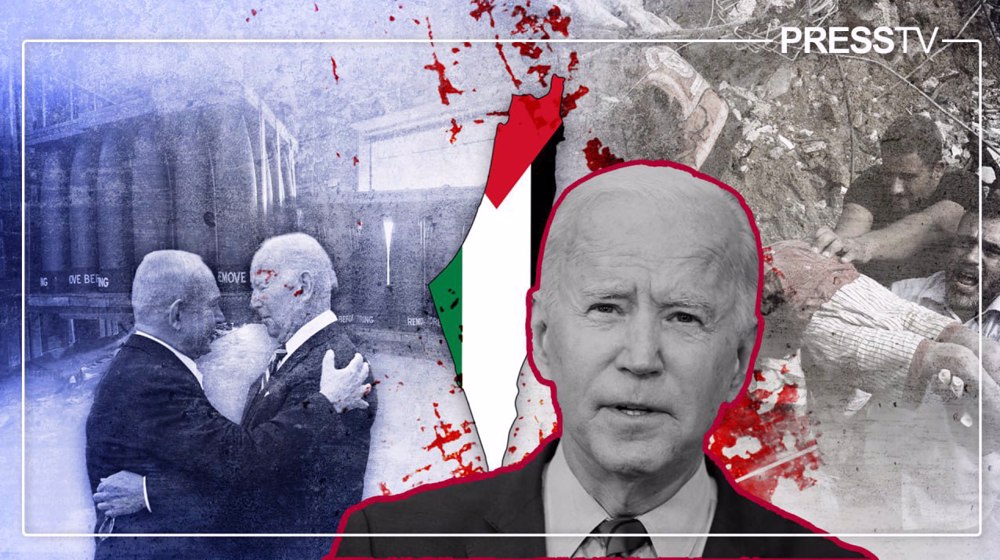
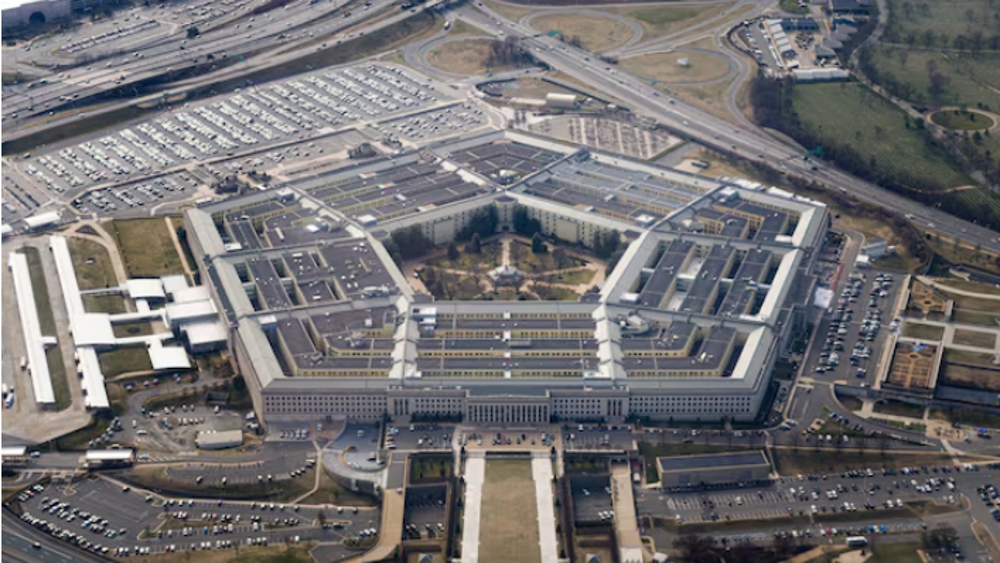
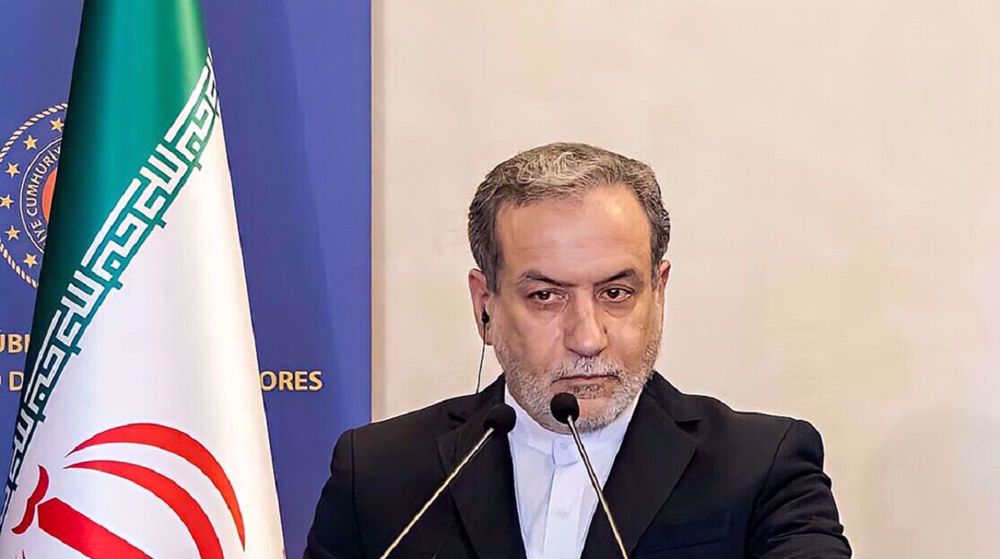







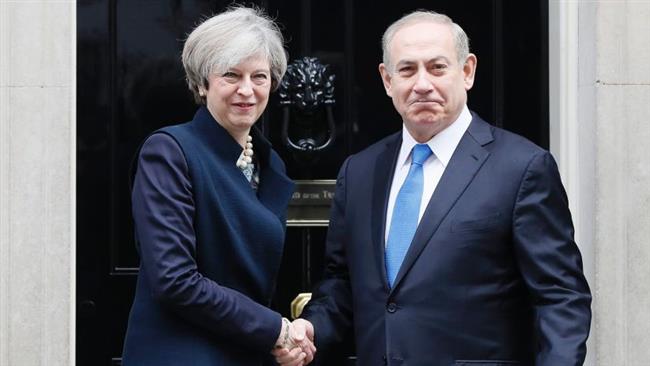
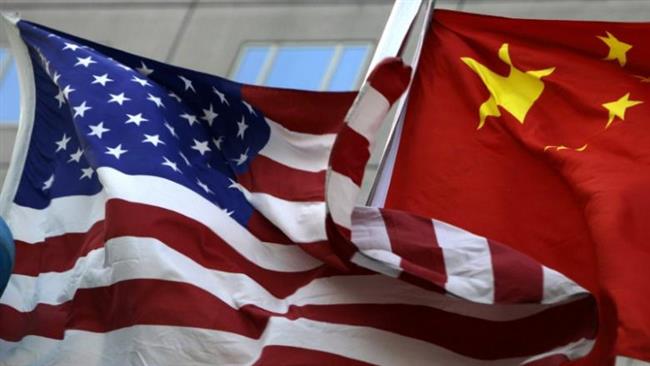

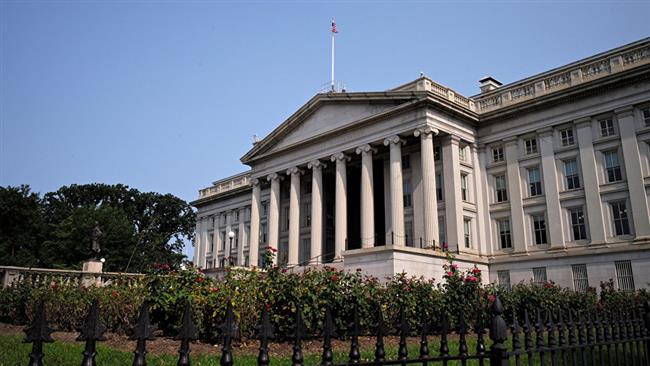
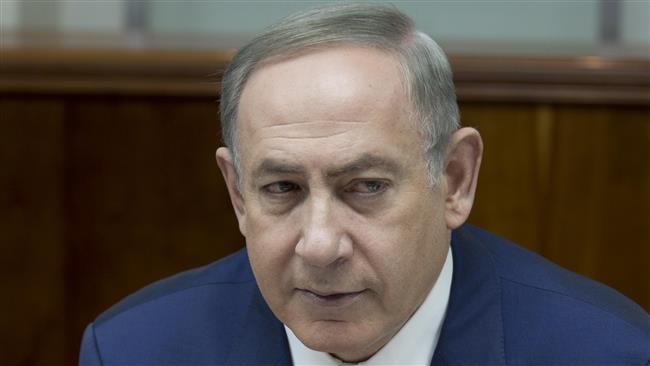

 This makes it easy to access the Press TV website
This makes it easy to access the Press TV website